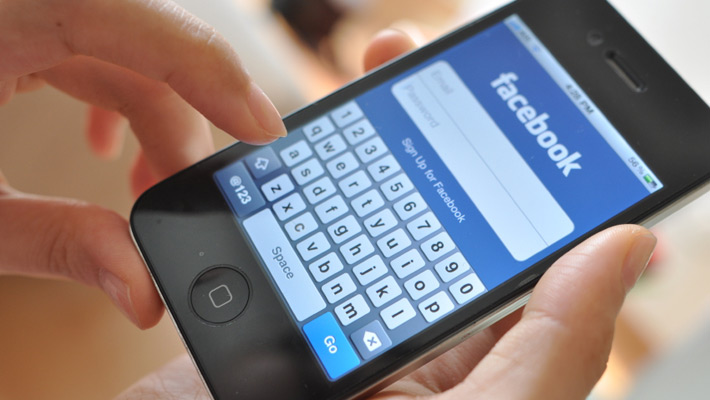More than two billion people globally will use mobile devices to connect to the Internet in 2016, with countries like India, China and Indonesia leading the way, research firm India Data Corporation said.
According to www.economictimes.indiatimes.com, overall, an estimated 3.2 billion people representing 44 per cent of the world’s population will have access to the Internet in 2016.
“Growth in Internet access is taking place around the world, but some countries are seeing particularly rapid growth. China, India and Indonesia lead the way and will account for almost half of the gains in access globally over the course of the next five years,” the portal quoted IDC as saying in a statement.
The combination of lower-cost devices and inexpensive wireless networks are making accessibility easier in countries with populations that could not previously afford them, it said.
According to Internet and Mobile Association of India, India was expected to reach 402 million by December 2015, registering a growth of 49 per cent over 2014. About 306 million of these are expected to access Internet from their mobile devices.
IDC said the global mobile Internet userbase is forecast to grow at two per cent annually through 2020 unless significant new methods of Internet access are introduced.
Efforts by Google, SpaceX, and Facebook among others to make the Internet available to the remaining four billion people via high altitude planes, balloons, and satellites are underway.
However, it remains unclear how successful these endeavours will be and when they will be operational at scale, IDC said.
“Over the next five years, global growth in the number of people accessing the Internet exclusively through mobile devices will grow by more than 25 per cent per year while the amount of time we spend on them continues to grow. This change in the way we access the Internet is fueling explosive growth in mobile commerce and mobile advertising,” Program Director of Strategic Advisory Service, Scott Strawn said.
More than two billion use email and read news online and more people than ever before are making purchases online, the statement added.
Internet start-ups in India are joining the front line against Facebook Inc. founder Mark Zuckerberg and his plan to roll out free Internet to the country’s masses.
The government has ordered Facebook’s Free Basics plan on hold while it decides what to do.
The program, launched in more than 35 developing countries around the world, offers pared-down web services on mobile phones, along with access to the company’s social network and messaging services, without charge.
But critics say the program, launched 10 months ago in collaboration with Reliance Communications, violates principles of net neutrality, the concept that all websites on the internet are treated equally. It would put small content providers and start-ups that don’t participate in it at a disadvantage, they say.
“India is a test case for a company like Facebook and what happens here will affect the roll out of this service in other smaller countries where perhaps there is not so much awareness at present,” said Mishi Choudhary, a New York-based lawyer who works on technology and Internet advocacy issues.
Also at stake is Facebook’s ambition to expand in its largest market outside the United States. Only 252 million out of India’s 1.3 billion people have Internet access, making it a growth marke ..
In a letter seen by Reuters, the heads of nine start-up including Paytm, backed by China’s Alibaba Group, and dining app Zomato, have written to the watchdog Telecom Regulatory Authority of India urging it to ensure Internet access was allowed without differential pricing.
The executives said in the letter, dated Tuesday, that differential pricing for Internet access would lead to a “few players like Facebook with its Free Basics platform acting as gate-keepers”.
“There is no reason to create a digital divide by offering a walled garden of limited services in the name of providing access to the poor,” they wrote.
According to Facebook CEO, Mark Zuckerberg “We know that for every 10 people connected to the Internet, roughly one is lifted out of poverty,” he wrote in The Times of India newspaper this week. “We know that for India to make progress, more than 1 billion people need to be connected to the Internet.
“What reason is there for denying people free access to vital services for communication, education, healthcare, employment, farming and women’s rights?”
A company spokesman said the aim of Facebook’s Free Basics initiative was to give people a taste of what the internet can offer. And Facebook has issued a series of full-page newspaper advertisements and set up billboard banners in an unusual and aggressive campaign to counter the protests.


 Forex2 weeks ago
Forex2 weeks ago


 Naira1 week ago
Naira1 week ago
 Naira4 weeks ago
Naira4 weeks ago
 Company News4 weeks ago
Company News4 weeks ago




 Naira1 week ago
Naira1 week ago
 Billionaire Watch1 week ago
Billionaire Watch1 week ago




 Naira3 weeks ago
Naira3 weeks ago




 Naira1 week ago
Naira1 week ago




















